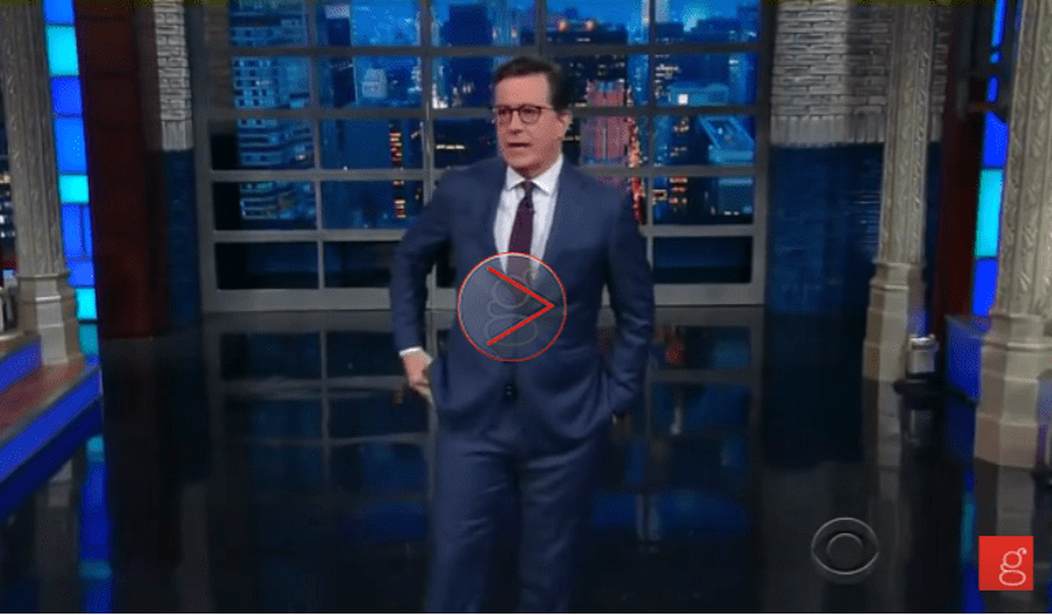WASHINGTON — Agriculture Secretary Tom Vilsack said America needs to stop wasting food, even if that means teaching people to cut back on the amount of food on their plates.
Speaking at the National Press Club on Monday, the former Iowa governor said long-term food insecurity “is a challenge, because we’re going to have to increase food production — I’ve seen anywhere from 50 to 70 percent in the next 35 years — to meet a growing world population.”
“But the first step, and the one way the USDA can provide help and assistance to meet this need, is to expand on the — on the issue of food waste,” Vilsack said. “A third of the food that we grow, raise and produce in this country is never consumed the way it was intended. It’s wasted.”
“It ends up oftentimes in our landfills as solid waste. In fact, in our landfills today, food waste is the single largest component of solid waste in landfills.”
Vilsack declared that “first and foremost, America can stop wasting food.”
“We can reduce portion sizes, we can have a more informed consuming public,” he said. “The USDA is providing an app that allows you to sort of go online and figure out if something’s been in the refrigerator for a couple of days, is it still OK to eat that type of thing? And if we can’t reduce it or reuse it, then we need to recycle it. So that’s one strategy that we’re working on.”
The Agriculture secretary said his department and other government agencies are working on a goal: “by the year 2030, to cut in half food waste.”
As far as global food security, Vilsack emphasized the USDA working with agencies like USAID to “train farmers from around the world to utilize more productive agricultural practices” and “eliminate food loss, not waste but loss, in these developing countries because their storage facilities are in need of significant enhancement.”
“We can do research so that folks can figure out how to grow more with less, whether it’s drought-resistant crops or things of that nature. So USDA is engaged in that activity,” he said. “And making sure that we properly store and handle food in developing countries.”
Vilsack also advocated for the Trans-Pacific Partnership trade deal, as “30 percent of American agricultural gross income is related directly to exports.”
“Twenty percent of farm income is directly related to exports. So if you don’t have trade, if you don’t have exports, you’re going to have a very difficult time in farm country,” he said.
“…If we don’t do this, if we can’t find the will to do these trade agreements, the rest of the world’s not gonna say, ‘The United States is not gonna do this, so we’ll just stop discussing trade and we’ll just all sort of just sell to ourselves.’ That’s not what’s gonna happen. What’s gonna happen is they’re gonna go off and do bilateral trade agreements or multilateral trade agreements that don’t include the United States.”









Join the conversation as a VIP Member